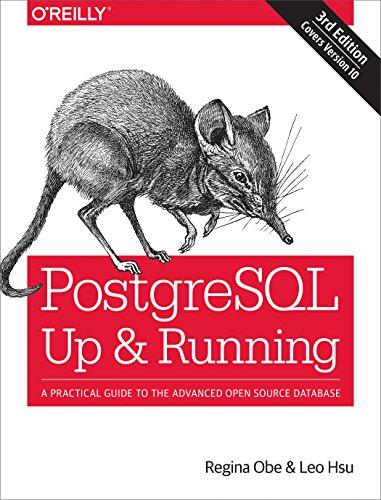Question
Practical application 2: Context-free language recognizer. (a) Design an algorithm that recognizes (accepts) strings of the following context-free language: L = {0n 1 n :
Practical application
2: Context-free language recognizer.
(a) Design an algorithm that recognizes (accepts) strings of the following context-free language: L = {0n 1 n : where n 1}. That is, strings that contain a number of zeros followed by the same number of ones. Examples of strings in the language are: 01, 0011, 000111, etc. Strings that are not in the language are, for example, 10, 00, 111, 1100, 0101, and many more. The algorithm should take a string of 0s and 1s as input and output Yes if the string belongs to the language, and No if the string doesnt belong to the language. The algorithm should use a stack. When it reads a 0 from the string, it pushes 0 onto the stack. When it reads a 1, it checks if the stack has a 0, in which case that 0 is popped from the stack. When the stack is empty and the end of the string is reached, the string is recognized as correct (Yes). Otherwise, the string is not in the language (No).
(b) Implement the algorithm of (a) in your favorite programming language and run it on different strings as follows: 01, 000111, 00000001111111, and 10, 00, 00111, 0101, and others.
(c) Assuming an input string of size n: (i) what is the worst-case time that your algorithm takes to decide whether or not the string belongs to the language? (ii) Why? Give your answers in terms of the O-notation.
Step by Step Solution
There are 3 Steps involved in it
Step: 1

Get Instant Access to Expert-Tailored Solutions
See step-by-step solutions with expert insights and AI powered tools for academic success
Step: 2

Step: 3

Ace Your Homework with AI
Get the answers you need in no time with our AI-driven, step-by-step assistance
Get Started


